Strengthening the immune system is not as hard as it might seem. In fact, it’s so simple that there’s no need to turn to complex or expensive hacks.
In this article, I’ll highlight six lifestyle changes that will improve your immune response, making it more effective against viral infections and other pathogens.
Each of these natural fixes is supported by research, and I’ve linked to key papers that detail the science behind each recommendation.
1. Get Enough Quality Sleep

It should go without saying that sleep is essential for both the body and the mind. But far too many people take it for granted.
Quality sleep improves our mood, maintains proper brain function, and reduces the risk of chronic disease. On top of all that, sleeping well can contribute to a healthy immune system.
Have you ever wondered why you feel tired when you’re sick? According to a review article from the journal Science, sleep can be triggered by your immune cells. It contributes to the release of cytokines into the bloodstream, which are small signaling proteins that support the immune system.
So, If you don’t get enough sleep, you weaken your immune response.
To learn more, check out my list of reasons why you might be having trouble falling asleep, and my full article on how to sleep better.
2. Stick to a Healthy Diet
Over the past few decades, the standard portion size for every meal has increased exponentially.
Here’s one example: data shows that the typical muffin is 333% larger than the portion recommendation by the USDA.
While I disagree with most of the USDA’s dietary recommendations and I don’t encourage the consumption of traditional muffins (made from wheat flour), if you have to have one, I’d stick with the smallest size possible.
We all know that overeating leads to obesity and, in turn, reduces the effectiveness of our immune system.
Here are three steps you can take to counteract the ballooning size of meals.
Restrict Intake of Certain Macronutrients

Good nutrition is a fundamental part of staying healthy and preventing infection. We know that malnutrition is a common cause of low immunity. But eating too many calories in a high-carbohydrate or high-protein diet may also negatively affect your immunity.
Restricting the intake of carbohydrates is associated with positive health outcomes. It reduces tumor growth and prevents cancer initiation, and is also linked to extended longevity in the ketogenic diet.
Additionally, restricting the intake of carbs has been shown to “trigger the release of gamma delta T cells immune system cells that produce mucus in the cell linings of the lung,” thus effectively trapping viruses, such as the influenza virus, before it can spread.
In the case of protein, some studies suggest a direct association between the activation of T Lymphocytes and a reduced intake of dietary protein.
Research shows that this effect is due to an improved activation and replication of T cells, an essential group of white blood cells.
To learn more about low-carb diet options, check out my ultimate guide to the Paleolithic ketogenic diet.
Restrict Calorie Intake
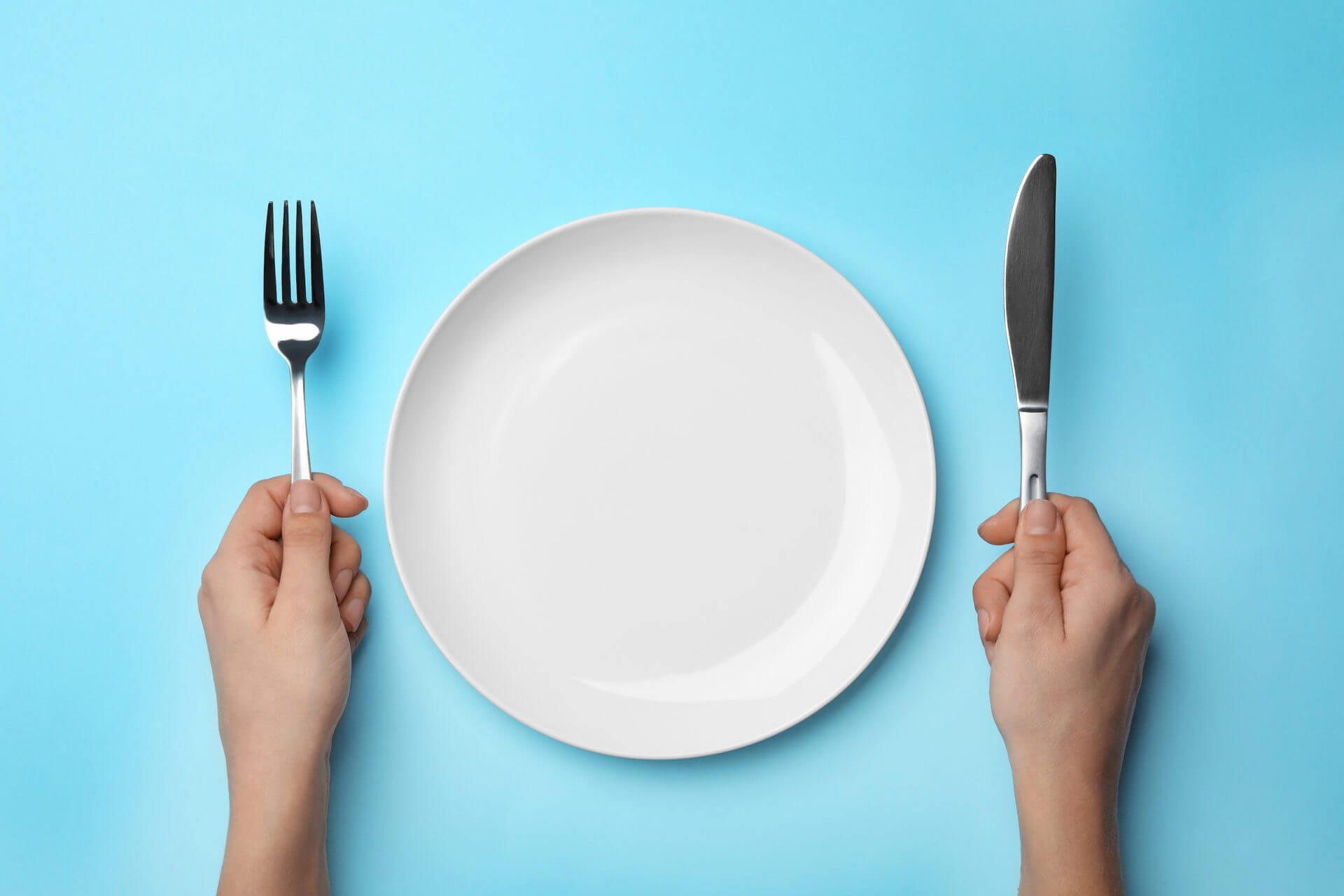
Calorie restriction can boost your immune system by improving the function of your T cells. It also speeds up the process of pathogen recognition and the buildup of new antibody defenses against it.
Additionally, studies suggest that calorie restriction improves how your body responds to vaccines and immunization.
Fast Intermittently
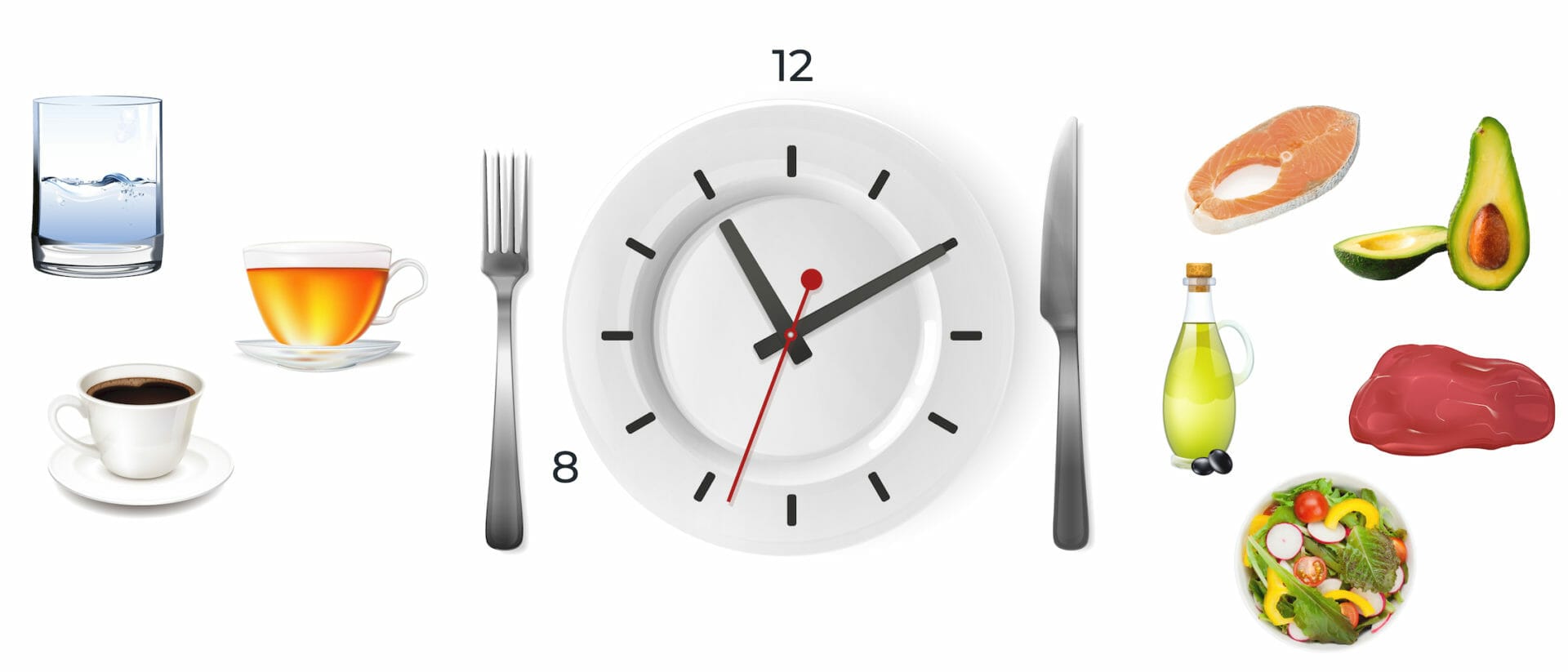
Adding on to the scientific reasoning outlined in the sections above, intermittent fasting is a valid method as long as you eat a nutritious meal when you’re not in a fasted state.
Intermittent fasting allows you to extend your overnight fast, and there are various formats to choose from. The easiest to follow is the 16/8 protocol, in which skipping breakfast can elongate your fast to a full 16 hours with minimal effort.
If you eat dinner at 8 p.m., 12 hours will pass by 8 a.m. the next morning. If you skip your breakfast and start eating at noon, you’ll have met your daily goal.
I don’t feel hungry during fasts because I have conditioned my body to use its own fat for energy.
And while many people have been (wrongly) led to believe that breakfast is “the most important meal of the day,” I suspect that the busiest among us often end up skipping breakfast anyway.
But let’s back up for a moment. Why exactly would you want to extend your overnight fast in the first place?
Simply, when you don’t eat, your body activates an ancient survival circuit that includes a cell recycling process called autophagy.
Autophagy enhances your immune function and may reduce your blood pressure and the risk of heart disease.
3. Nurture the Gut Microbiota
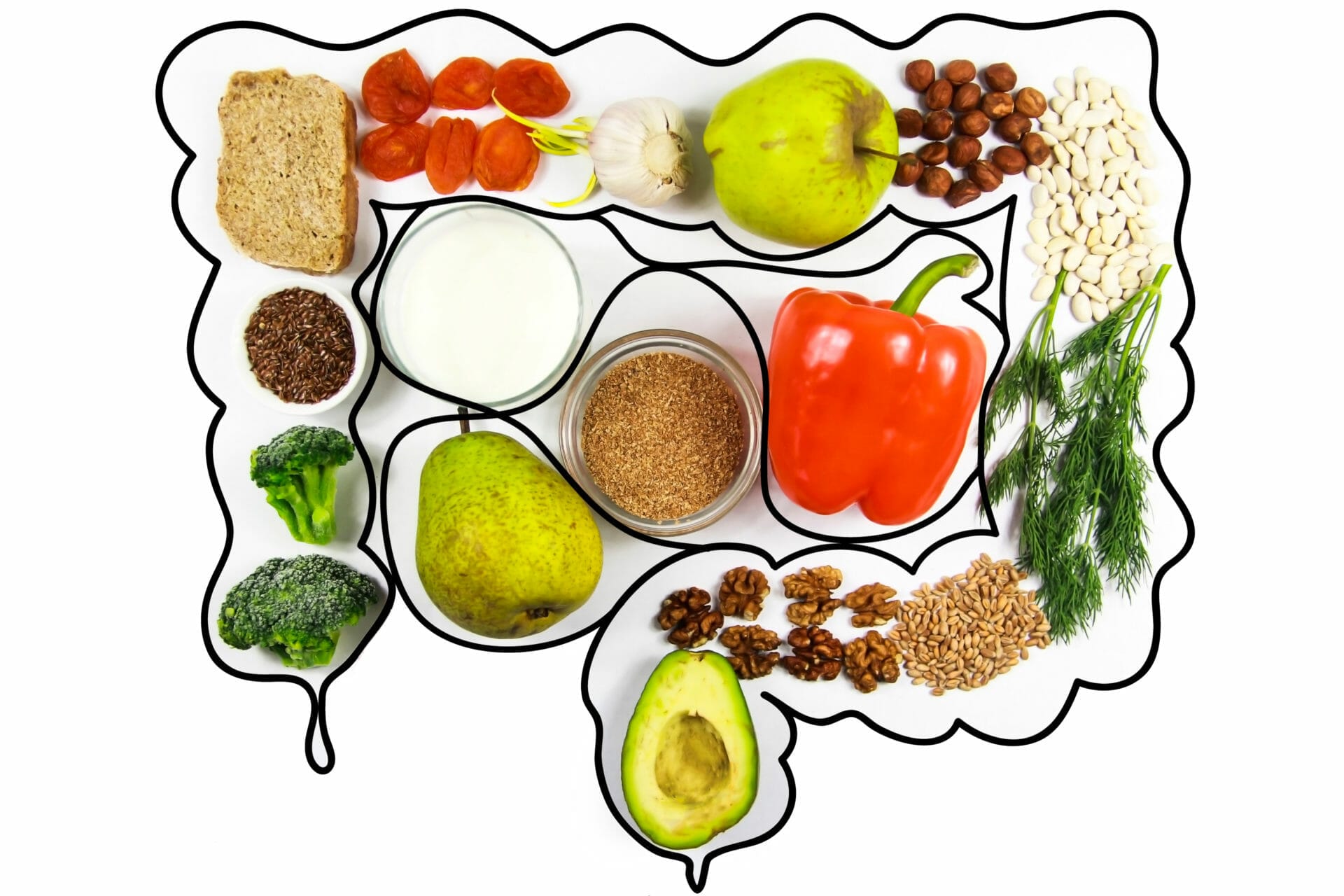
There are almost 40 trillion bacteria and other microorganisms living on and inside of your body. This is typically known as your microbiota, and you always have good and bad bacteria fighting for space.
The good bacteria in your gut prevent gastrointestinal infections. But their effects are more wide-ranging than most people realize. For example, they also modulate your entire immune system through the gut-associated lymphoid tissue, which is a large network of immune cells and substances that run along the intestines.
Good bacteria activate this network and keep your immune function prepared to fight infection.
There’s a lot you can do to care for your intestinal bacteria, including:
- Eat fermented foods like yogurt, kimchi and sauerkraut.
- Eat other foods that positively contribute to your gut microbiota, including garlic, mushrooms and olive oil.
- Practice intermittent fasting. During fasting periods, your gut microbiota changes and the bad bacteria often starves before the good bacteria.
- Avoid products that have processed carbs and added sugars, such as sodas, candy, baked goods and other sweets. Eating sugar may put your white blood cells into a temporary coma, making them unable to do their job (fight pathogens).
- Consumer fermented beverages like kefir or kombucha.
As a general rule, excessive sugar consumption depletes the body’s nutrient balance, which triggers a cascade of inflammation and metabolic disruption.
4. Reduce Stress Levels

Stress can be beneficial, as long as it doesn’t get out of control. After all, stress is what drives you to make changes and obtain better results. But when stress becomes a negative influence, it can severely hamper your efforts to cultivate a healthy body and mind.
The effects of stress on your immune system have been studied for many years. The stress hormone is a corticosteroid called cortisol, and it can suppress the effectiveness of your immune system by lowering your number of lymphocytes (a.k.a. white blood cells).
Analogs of this hormone can be used to lower the immune reaction in people who receive a transplant, which helps prevent the body from attacking the new organ. This should give you an idea of just how potent and effective it is at suppressing immune function.
Of course, most of us know that high levels of stress are unhealthy. The challenge is in knowing how to reduce stress in highly-demanding situations.
The truth is that it’s not always easy.
Acute stress is difficult to prevent. The good news is that our body is adept at handling short bursts of stress, and the corresponding release of adrenaline and cortisol. In a way, acute stress can be a good thing because it allows our bodies to effectively react to dangerous situations (body alarm response).
Additionally, some activities — like working out and/or intermittent fasting — are stressors themselves. But they trigger chemical reactions in our body that make us fitter and healthier. These are called beneficial stressors.
That’s substantially different from chronic (sustained) stress, or when stress defines your baseline mood. Each of these scenarios has long-term consequences and may increase your chance of contracting an infectious disease.
Consider these recommendations to reduce the impact of chronic stress on your immune health:
- Practice deep breathing techniques every day. According to Harvard Medical School, breath control helps quell errant stress response.
- Start meditating in a group setting or by using an app like Headspace. According to the Mayo Clinic, meditation is a simple and fast way to reduce stress. I’ve been using Muse S (a brain-sensing headband with guided sessions) to help me get into the habit of meditating.
- Pay more attention to yourself and what causes stress and anxious thoughts. If you can identify the triggers of stress and anxiety, it’s easier to navigate them.
- Express your feelings openly and avoid isolating yourself from everybody else. If you don’t feel comfortable sharing your feelings with others, you can also just write them down.
To better understand how stress can impact your sleep and recovery, you can also consider using wearable technology, such as WHOOP, a fitness, recovery and sleep tracker that I’ve been using for almost two years.
You can learn more about how I leverage it in my WHOOP review. I also wrote about some of the best stress relief gadgets, which can be helpful tools.
5. Get Regular Exercise
“Get exercise” is common advice for an array of medical challenges.
Whether you’re overweight, have cardiovascular problems, have osteoporosis, suffer from mood problems, suffer from low testosterone, the list goes on — exercise is a great tool in almost every situation.
So it should come as no surprise that it’s also an excellent tool for boosting your immunity.
Here are a few of the main reasons why that’s the case:
- Physical activity may help flush bacteria out of the lungs and airways. This may reduce your chance of getting a cold, flu, or other illness.
- Exercise causes changes in your antibodies and white blood cells, which are the body’s immune system cells that fight disease. Consistent exercise helps these antibodies and WBCs circulate more rapidly, which allows them to detect illnesses earlier than they otherwise might have. However, it should be noted that no one knows whether these changes help prevent infections.
- The brief increase in body temperature during and immediately after exercise may prevent bacteria from growing. This temperature increase may help the body fight infection. (This is similar to what happens when you have a fever.)
- Exercise slows down the release of stress hormones. As we discussed earlier in this article, stress increases the chance of illness. Thus, lower levels of stress hormones may protect against illness.
- Exercise reduces the impact of aging on your immune system.
For all of these reasons, regular exercise is an important part of healthy living that increases your body’s ability to protect itself from infectious diseases (and to fight them should they take hold).
That said, I know that spending an hour or two in the gym every day isn’t feasible for everybody. If that applies to you, I encourage you to check out CAR.O.L — an AI-powered bike I’ve been using for over a year.
Each CAR.O.L ride takes only eight minutes, and you only need to ride three times per week.
That’s a time investment of just 24 minutes per week! Everyone can do that.
6. Consider Supplements
As I mentioned previously, a healthy diet is fundamental for a strong immune system. But even if you’re on a balanced diet, other herbal remedies and extracts may help you to boost it further. Many have a combination of phytonutrients, vitamins and minerals that are specifically designed to activate your body’s defenses and help prevent disease.
I use multivitamin supplements and natural extracts on and off, depending on what I have at home at any given time. Here’s a list of the ones I consider the best (and thus strongly recommend).
Elderberry Syrup

Because of the coronavirus pandemic and the potential for future strains of the virus (or similar viruses) to cause widespread illness, people have become especially interested in taking steps to help prevent respiratory infections.
Elderberry syrup has been proven to boost immunity and reduce the length of viral infections. It is an excellent source of phenolic compounds, which are substances used by plants as antiviral and antimicrobial agents.
Additionally, elderberry syrup has potent antioxidant substances that fight free radicals. By doing so, they prevent tissue damage caused by these unstable and potentially harmful substances.
Every year in the fall, my wife buys organic elderberries and makes sugar-free syrup for the family (it’s especially well-loved by the kids). That, combined with everything else I discuss in this article, has helped us to not fall sick in over two years.
ION Biome
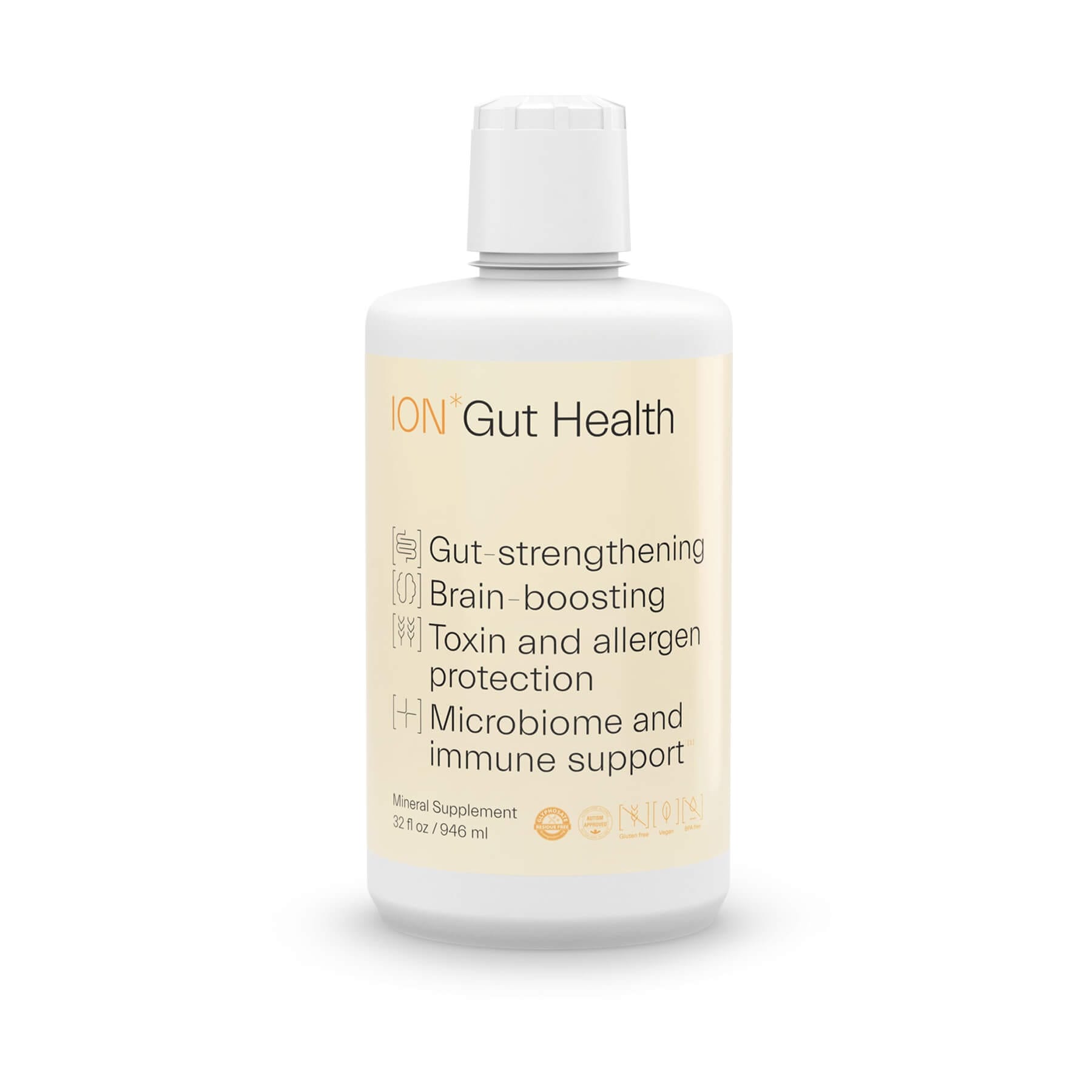
This may be an ideal supplement if you care about your gut microbiota and gut health. ION Biome supports the tight junctions in your gut, keeps gut bacteria in place, and empowers them to activate your immune system properly.
Ned Immunity Blend
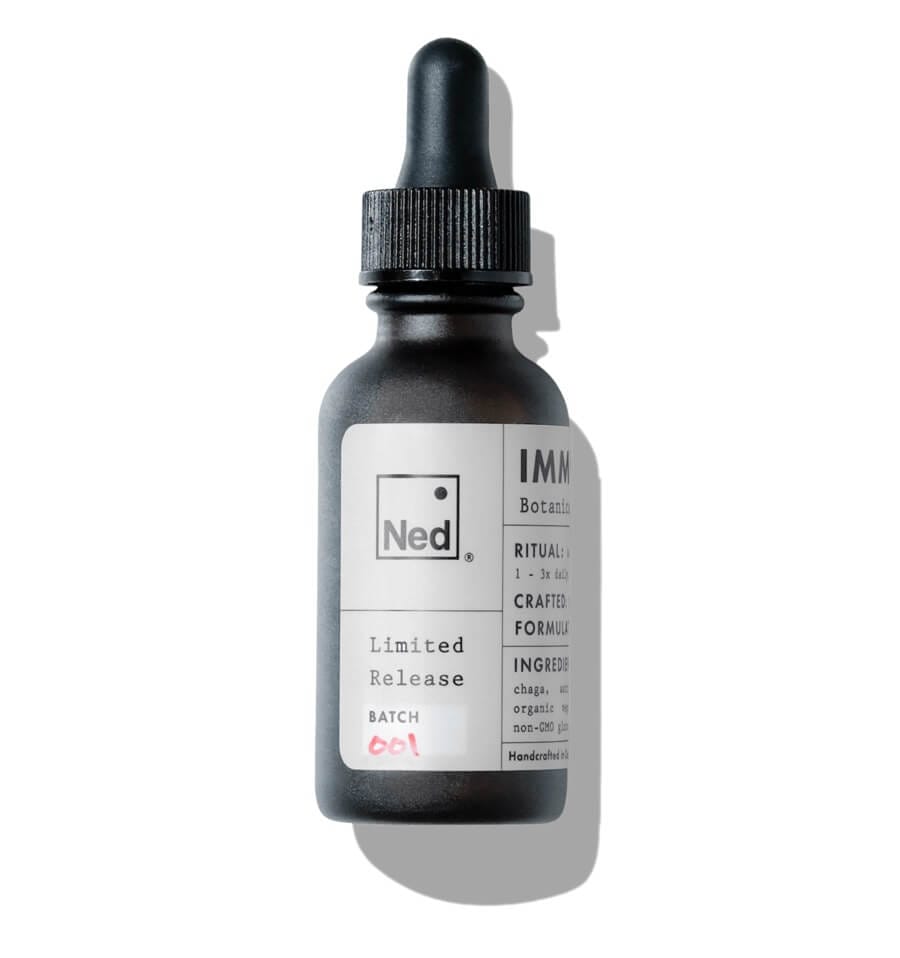
This is a potent antibacterial and anti-inflammatory blend of herbal extracts that contribute to strengthening the immune system. It has astragalus, chaga, echinacea, elderflower, ginger, licorice, thyme and other all-natural ingredients.
TERRAFLORA (Enviromedica)
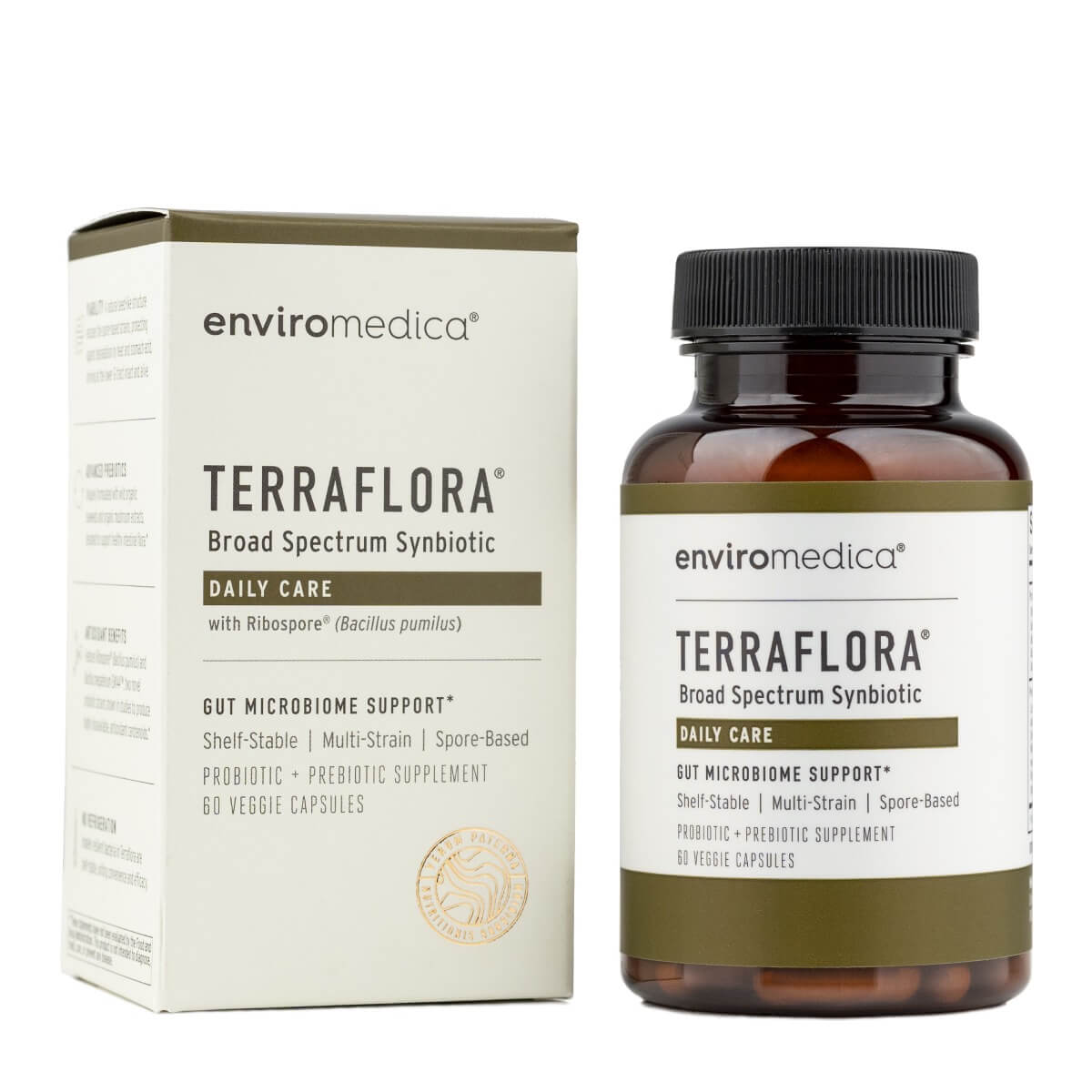
Since gut health is so important for maintaining a healthy immune system, I also recommend this combo of probiotics and prebiotics. It’s called a synbiotic because probiotics are living bacteria and prebiotics are food for healthy bacteria. With synbiotics, you’re providing the healthy bacteria and the appropriate environment to promote their growth in your gut.
You can use discount code HEALTHTECH to get 10% off your purchase.
TruBrain Clockwise

Nicotinamide adenine dinucleotide (NAD) is a chemical compound (or cofactor). Every cell has an immune system that gets turned on and consumes NAD. Clockwise replenishes NAD reserves naturally, which makes it particularly helpful for people who have suffered a decline in NAD reserves — something that happens to all of us after hitting 40 years old.
Summary: I Boost My Immune System by Following Foundational Principles of Healthy Living
Boosting your immune system naturally isn’t as difficult as many people think. All it takes is a few simple modifications to your lifestyle.
If you can make these changes and stick to them, you’ll not only be more resistant to infectious diseases but you’ll also dramatically lower your risk of developing a metabolic disease, such as cancer, stroke, cardiovascular disease, diabetes, Alzheimer and others.
Additionally, you’ll likely improve all of your health markers and lose excess pounds along the way.
So give it a try and let me know if you have any questions or concerns by leaving a comment below!

Michael Kummer is a healthy living enthusiast and CrossFit athlete whose goal is to help people achieve optimal health by bridging the gap between ancestral living and the demands of modern society.
Medical Disclaimer
The information shared on this blog is for educational purposes only, is not a substitute for the advice of medical doctors or registered dieticians (which we are not) and should not be used to prevent, diagnose, or treat any condition. Consult with a physician before starting a fitness regimen, adding supplements to your diet, or making other changes that may affect your medications, treatment plan or overall health. MichaelKummer.com and its owner MK Media Group, LLC are not liable for how you use and implement the information shared here, which is based on the opinions of the authors formed after engaging in personal use and research. We recommend products, services, or programs and are sometimes compensated for doing so as affiliates. Please read our Terms and Conditions for further information, including our privacy policy.


